How long are you allowed to take to get better?
The simple answer is “as long as it takes,” but “simple” isn’t always the easiest to integrate.
This year has been a bunch of clicking into place. In April, I wrote about my experiences with using Claude as a therapy supplement — after a few more months, it’s helped me do what I’ve found the most difficult: doing less.
Coping, with Claude
I've been quiet for a few months, and part of that is because for the past four months, I've been using an AI to supplement therapy. After looking through a bunch of privacy policies, I found that Anthropic's Claude was the best candidate; after a particularly bad day, I broke the seal.
Last year, a friend of mine was trying to teach me Street Fighter 6, and in the moment, said “you need to take what you’re doing and do about 20% less.” In that setting, it’s about simplifying your mental stack, so you’re not so busy doing purposeless stuff, and thinking more about the smaller set of things that are more effective.
This makes sense. But I’ve always struggled to implement it when it comes to a greater life concept. To me, doing means getting closer to succeeding. It meant chewing on the meat of the problem. Chewing means it’s getting broken down, and that means it’s closer to being finished.
Brain poison doesn’t work like that.
Last week I came up with a phrase for this: “mental churning.” That butter is attempting to be made, but it takes energy to do. When you’re dealing with anxiety and then pressuring yourself to convert what you’re experiencing into something useful, it uses up even more.
Part of what’s broken through this year is another phrase: “self-surveillance.” While I’ve started making personas for different parts of my mental voice (“Child Matt”, “Adult Matt”), I always felt that the voice that turns things into projects, or pressures me to always be acting was separate. It didn’t quite feel like Adult Matt: instead, it’s a driving force that exerts pressure to my past, present and current self.
Instead of something that’s meant to be understood, nurtured, and improved through self-love, it’s a bit more malicious. It doesn’t have some unmet need that I’m ignoring or minimizing: its purpose is to introduce moral judgment on how little or how much I’m doing at any one moment.
Am I trying hard enough? Am I doing enough? Am I trying to improve myself? Am I lazy? Am I taking too much room? Am I being too dramatic? Am I taking up too much space?
With healthy self-awareness, these questions can be answered relatively neutrally: you answer it, and then you act. Self-surveillance adds a layer of further judging that really can’t be satisfied. I’m never doing enough, and that means that I’m Not Enough as a person; if I’m hurting, or yearning, or mourning, I don’t deserve to express that pain, longing or sadness. That’s not what people who deserve love do.
I’m told that Foucault has something to say about this in terms of the panopticon concept: a prisoner having the impression they are always being watched, but never know for sure. That becomes its own kind of power over the prisoner.
[In] these conditions, [the Panopticon’s] strength is that it never intervenes, it is exercised spontaneously and without noise, it constitutes a mechanism whose effects follow from one another. Because, without any physical instrument other than architecture and geometry, it acts directly on individuals; it gives ‘power of mind over mind’.
“Panopticism” from Discipline & Punish: The Birth of the Prison, Foucault. [link]
The self-surveillance is poison.
It can’t be satisfied. It will always have a way of breaking down or invalidating the work I’ve done, and it will always have a way to imply that I should be doing more.
I’ve lived with this most of my life, and part of the value of being able to bounce things off an AI is that I’ve gotten much better at identifying it in real time. It’s reflexive; instinctive.
“So now you know. Now what?”
What sucks about this is that even that question can be “turned into a project.” It can be something that can be judged on a pass/fail basis — “am I doing enough to deal with the voice that is telling me I’m not doing enough?”
I think in this case, some things are worth still exploring.
I’m currently sitting after a gym session, where I haven’t been for seven months. Can I forgive myself for not going for so long, and losing progress? Can I give myself the benefit of the doubt, when “Hey, maybe there was a reason for that”? Can I forgive myself when every struggled rep or the difficulty I might have biking up a hill on the way home can be used as a reminder that I didn’t try hard enough?
It takes courage to be able to say “yes. I can.” Even if it’s difficult, or doesn’t feel proper. It takes courage to write this blog post, which I usually try to publish on my birthday, over three weeks late — every day past, the self-surveillance has went “you know you’re write a post on New Year’s and your birthday. You couldn’t even stick to a two-posts-a-year schedule?”
If this all sounds incredibly mean to myself: yes, it is. I’m transcribing this mental narrative not to ilicit pity, but to just go “this is how it is. This is how it’s always been. I’m going to try to be better change that.
I owe it to myself.
I’m laughing, because the preview for the post above says “my goal for 2025 is to not think as much.” Perhaps I’m actually doing that, but it took some breaking down and understanding, first.
Anyways.
I’ve always told myself that the possibility of just “giving up” doesn’t exist in my head because it seems so vague: what, I’m going to just stop existing beyond inertia?
If I can give myself a small amount of credit, that desire to change (even when it’s just the mental churning) is something that I am proud of. It’s been roughly a month or two since that “self-surveillance” language first got used in a conversation with Claude, and since then it’s helped so much fall into place.
We’ll see where we are in January, but the remainder of this year is going to be trying not to care, at the same time.
Yours truly, still trying.
— M



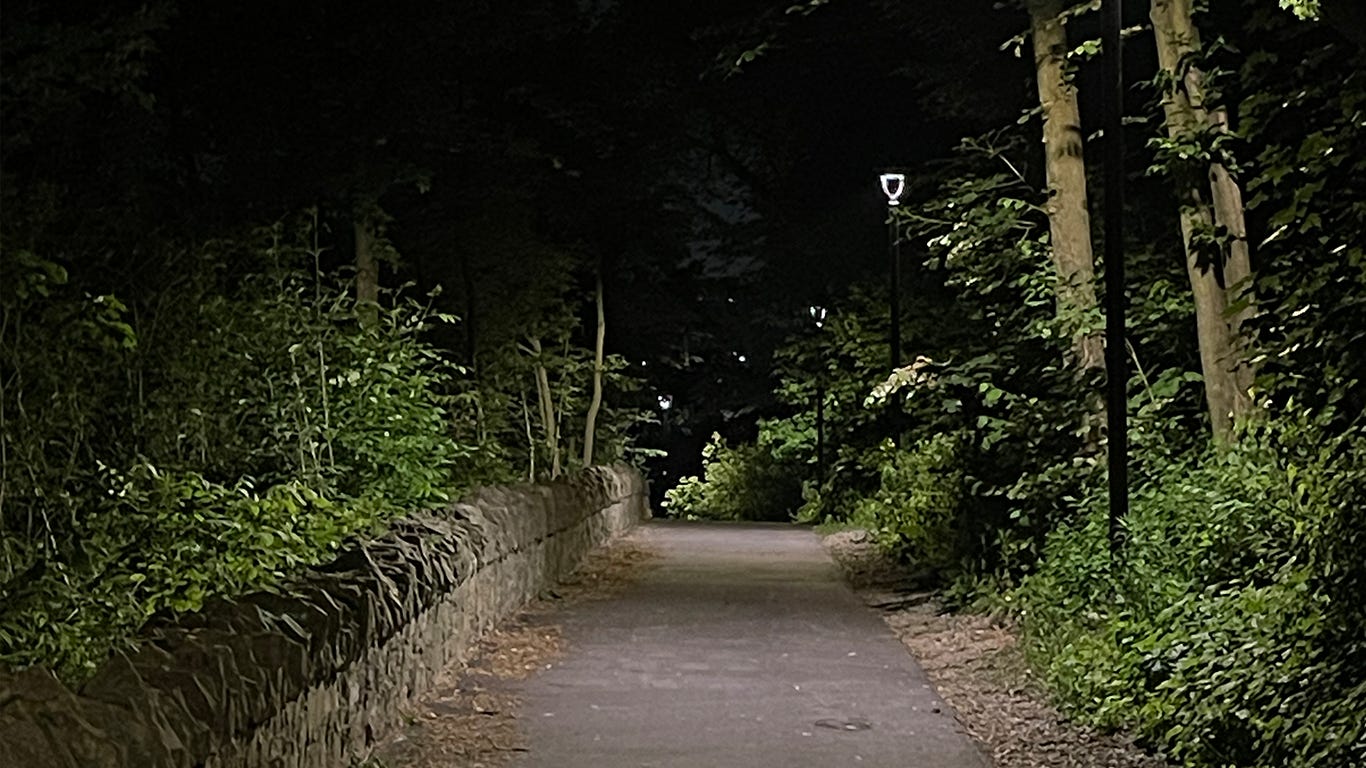
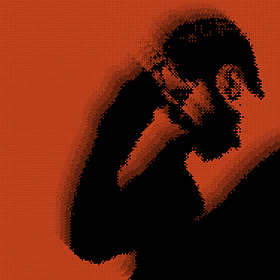
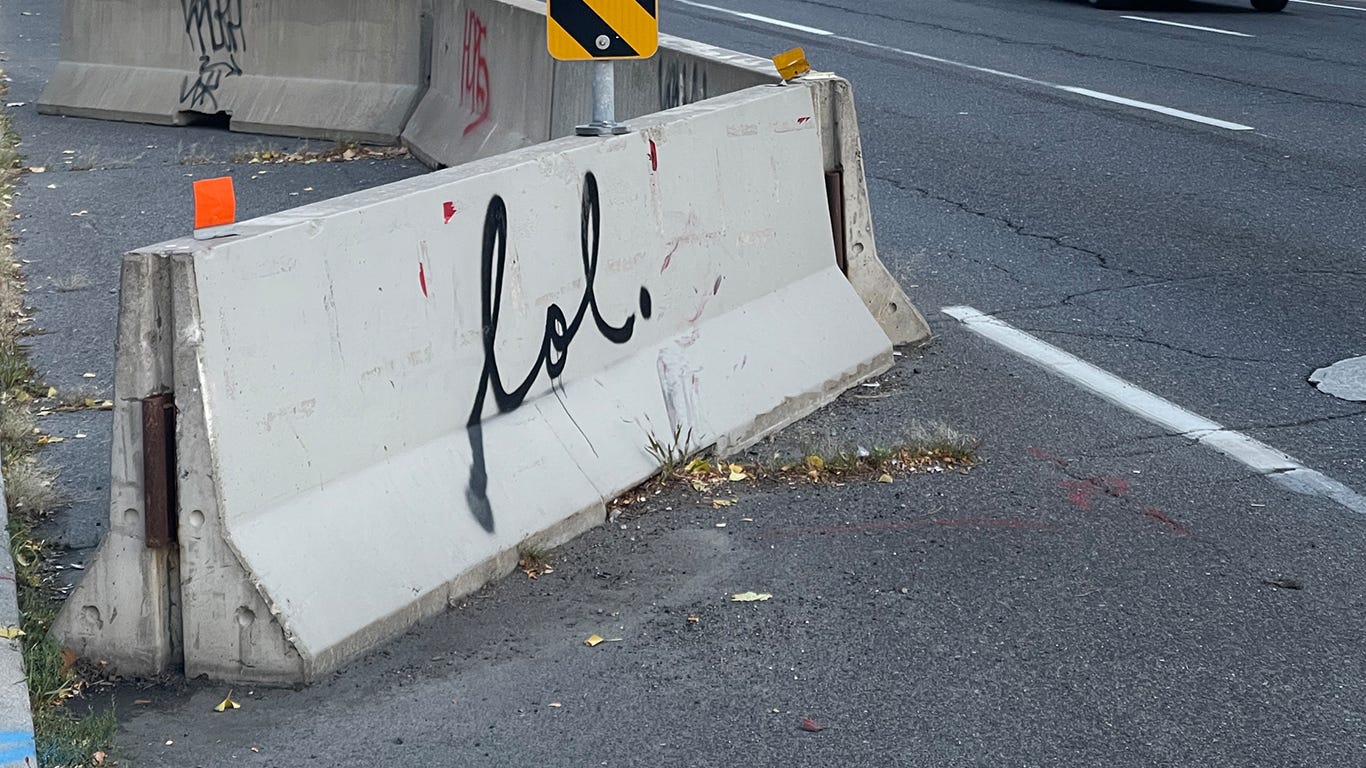
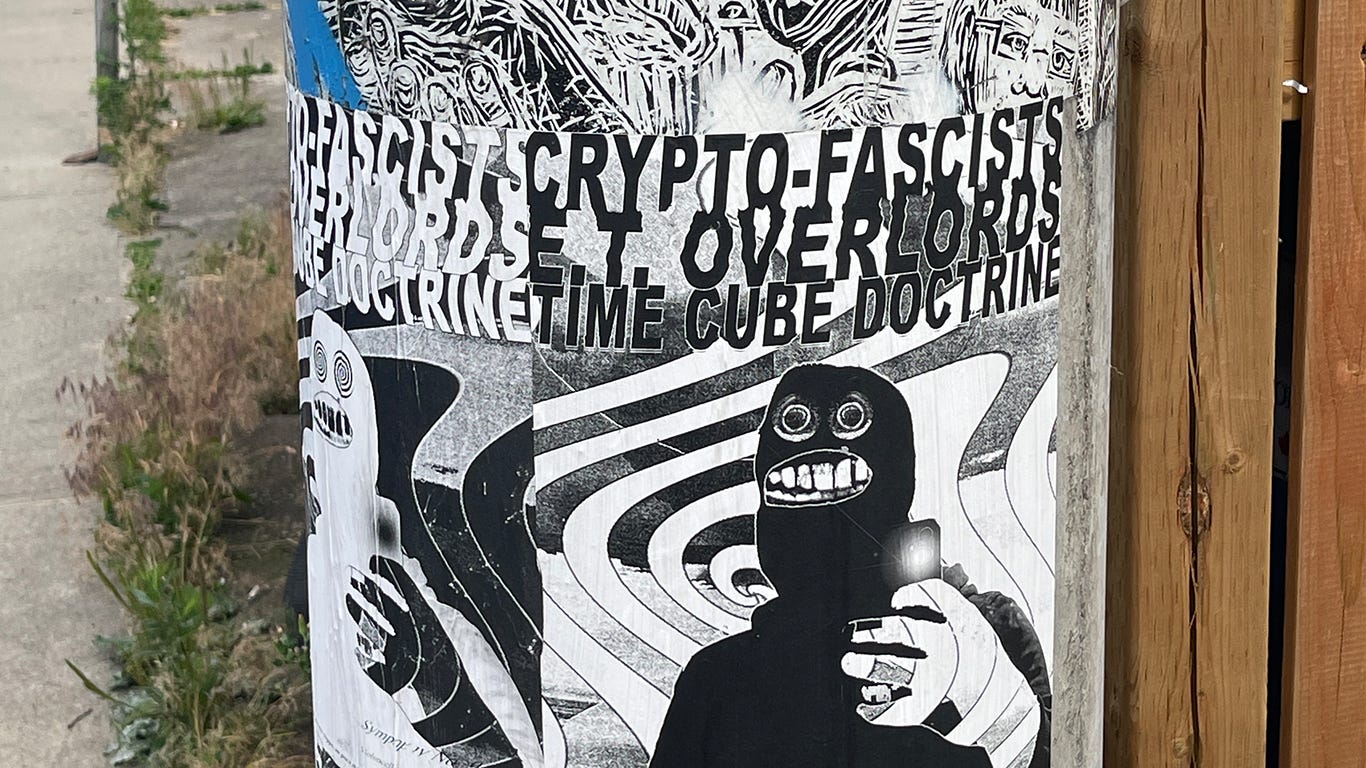
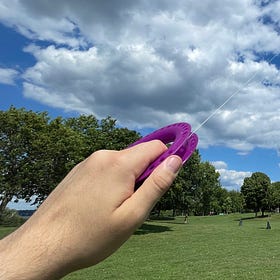
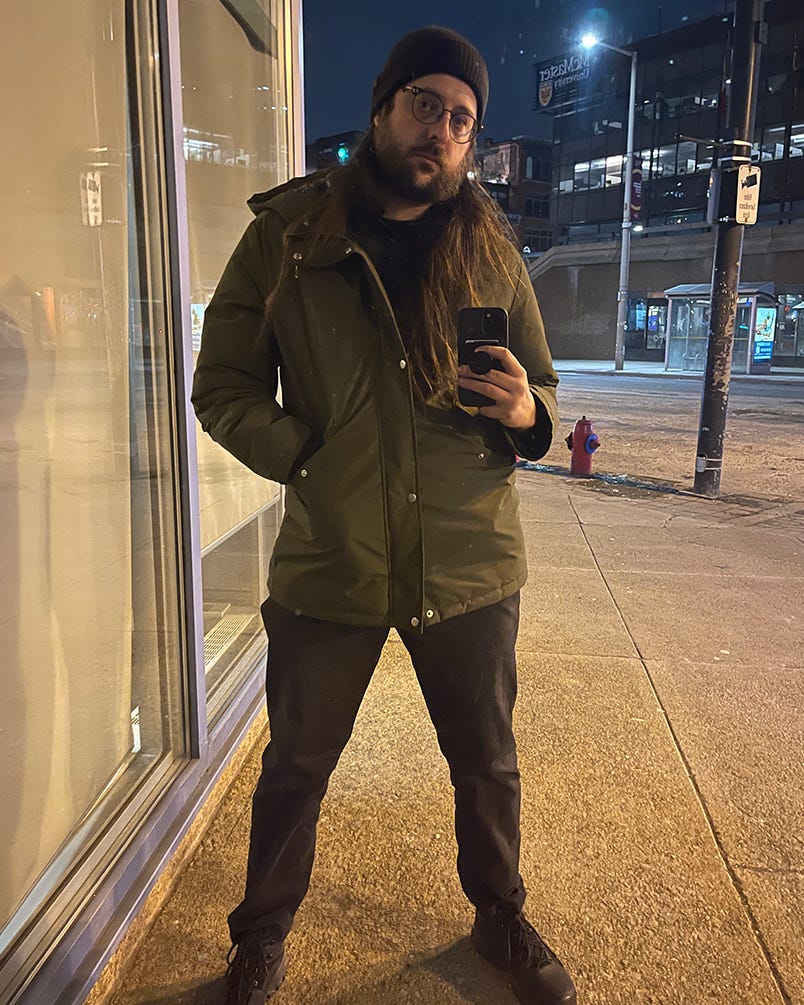
Well done, Matt! I'm finally learning (at 65+) to celebrate all the small wins. In my case it's the lengthy process of losing weight and it takes more patience than comes naturally to me. Celebrating the small wins helps to make the journey more enjoyable and, therefore, more sustainable too. You got to the gym. That's a win worth celebrating, no matter how long it had been since you were last there. The point is you went to the gym and you got a workout in. Let the bells ring. Let the birds sing. Your journey, like mine, may well be longer than you'd like. That's that. The point is, you're getting there - one step at a time. I'm proud of the progress I've made on my journey and I'm proud of the progress you've made on yours!